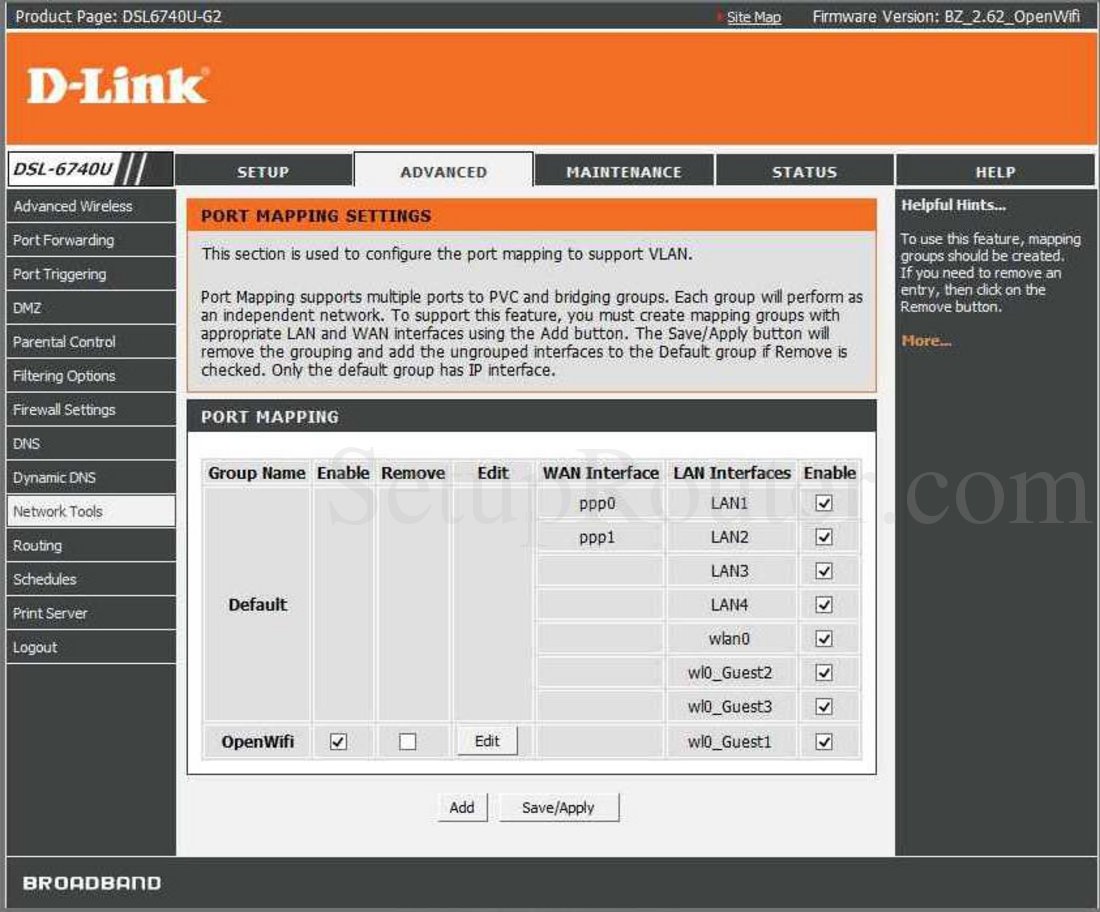
Now that we have an idea of which ports go to which controller, can can now look into how we USB map. Front 3.1 Type-A is on the XHCI(3, Bottom) Controller.Front 3.2 Type-C is on the PXSX(2, middle) Controller.Next lets look at IOReg, and we can see where our USB devices fell: USB-C To start, I'm going to plug a USB device into my front USB 3.1(Type-A) and 3.2(Type-C): # Finding which ports match with which controller This is a generic PCIe device, double check it's a USB device as NVMe controllers and other devices can use the same name.Commonly associated with AMD Chipset controllers.And quite common on older motherboards is that you may only have 1 controller, this is alright so don't stress about having the exact same setup as the example.
Port mapping windows 10 keygen#

So while our example uses PXSX, yours might have the XHC0 or PTCP name. Note 2: Keep in mind every motherboard model will have a unique set of port combos, controller types and names. Note: The AppleUSBLegacyRoot entry is an entry that lists all active USB controllers and ports, these are not USB controllers themselves so you can outright ignore them. Now I personally know which USB controllers match up with which physical ports, problem is it's not always as obvious which ports match with which controllers. So you're not as starved for USB ports as you may think. Pay attention that they're individual controllers, as this means each USB controller has it's own port limit. A blanket USB search may show too many entries and confuse you.įor this example, lets try and map an Asus X299-E Strix board:įrom the above image we can see 3 USB controllers: The 2 main search terms are XHC and EHC, but if you have a legacy board with UHCI or OHCI controllers you'll need to adjust. Lets open our previously downloaded IORegistryExplorer.app (opens new window) and search for our USB controller(s). Now with all this out of the way, lets get to USB mapping! # Finding your USB ports Reminder this kext does not work on AMD.

This is only required for older USB controllers like Broadwell and older, however some Coffee Lake systems may still require it.If you plan to use Discord for troubleshooting, v2.1.0 (opens new window) is a bit easier on file size.To view the inner workings of macOS more easily.IORegistryExplorer.app (opens new window).You must have 2 separate devices as to ensure no mix ups with personalities.A USB 2.0 and USB 3.0 device to test with.See previous section: Checking what renames you need.Older OSes shouldn't require any USB mapping Note: This guide will be focusing on OS X 10.11, El Capitan and newer.This is due to how macOS enumerates ports, trying to map from other OSes makes this difficult.This section is for those who want to get down into the meats of their hackintosh, to really understand what it's doing and help if there's any issues with USBmap.py and other mapping tools. generally seen on 3.1/2 motherboard headers

Type C connector - USB 2.0 and USB 3.0 without Switchįlipping the device does change the ACPI port. Type C connector - USB 2.0 and USB 3.0 with Switchįlipping the device does not change the ACPI port This is what macOS will default all ports to when no map is presentģ.0, 3.1 and 3.2 ports share the same Type Here we're greeted with all the possible USB ports in ACPI: Type


 0 kommentar(er)
0 kommentar(er)
